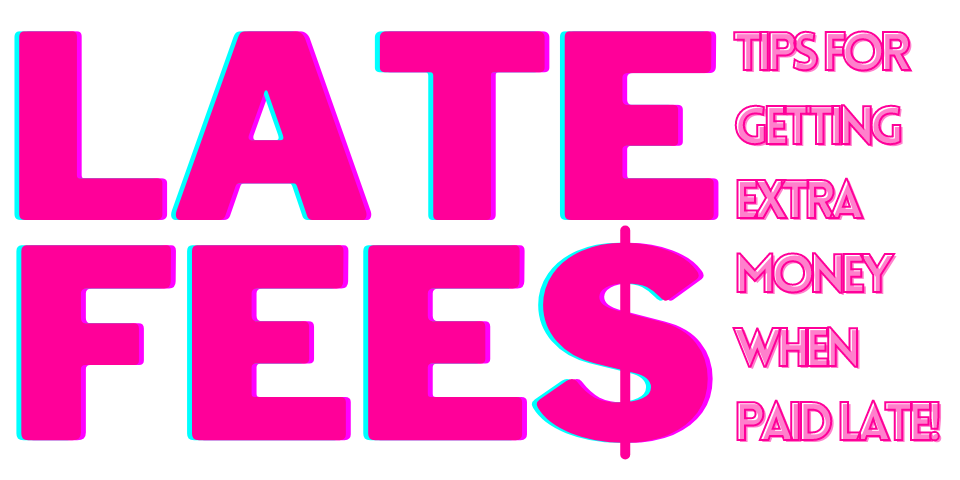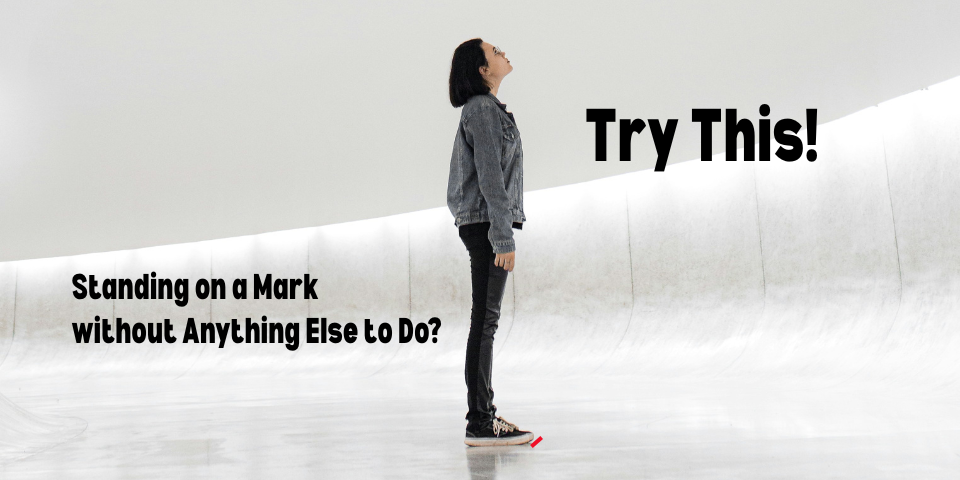When you’re standing in, you are responsible for knowing your actor’s blocking. Other crew people–say, the 2nd 2nd AD–may also be interested in your actor’s blocking, as well as the blocking of other actors in your scene. If the 2nd 2nd AD doesn’t get to watch a rehearsal with the first team actors, the 2nd 2nd might ask you about what the blocking was in the scene.
However, you might only know your actor’s blocking and didn’t catch the blocking of the other actors. What do you say?
The Helpfulness of “I Don’t Know”
Some stand-ins in such a situation might feel that an appropriate response to the question would be to speculate about the blocking in the scene. That is, that stand-in might make a guess about what the blocking of the other actors was, without really knowing what that blocking way.
This sort of speculative reply isn’t very helpful for a 2nd 2nd AD, especially if that AD is charged with the responsibility of setting background actors timed off of that blocking. If that AD trusts you, that AD may end up in hot water if your speculative reply proves wrong.
Therefore, in such a case, it is better to say “I don’t know what the other actors did in the scene” than to speculate about what the other actors did. Essentially, “I don’t know” is an appropriate reply to the question.
Other Times to Say “I Don’t Know”
The camera crew may also ask you questions about the scene for which you don’t know the answer. While sometimes those questions have to do with the movements and blocking of other actors, sometimes those questions may have to deal with your actor–and sometimes you just might not know the answer.
For example, say you saw a marking rehearsal, but then your actor had a semi-private conversation with the director about the blocking of the scene that suggested your actor might do different blocking when it comes time to shoot. When it comes to setting up the shot, you might no longer know if the marks on the ground are appropriate for what blocking your actor will perform.
In such a case, if the camera crew asks you a question about what your actor will do, “I don’t know” might prove to be the better reply than the speculative one. However, you might also add that you’re doing what you saw in the marking rehearsal and it seemed your actor may do something different when shooting.
It probably is better not to make a big deal about the possibility of doing something different and instead stick to the blocking you saw in marking rehearsal unless you are specifically instructed to do different or new blocking. There are chains of command on a set and it is generally not the job of the stand-in to figure out if there is new blocking if you weren’t specifically shown it or told about it.
However, Know!
Despite the ability to say “I don’t know” to a question, make sure you do know about your actor’s blocking as much as you can. This means paying attention to details like your actor’s marks, your actor’s actions when on those marks, even, say, how high your actor raised an arm or how fast your actor walked. Answering a question about your actor’s blocking with “I don’t know” too regularly may imply that you aren’t doing your job. Know as much as you can about your actor’s blocking when you’re standing in, yet keep in mind that sometimes you don’t know and that there’s value in saying that.
Know of other times when to say “I don’t know”? Have you ever been in hot water for giving a speculative answer when you were standing in? Share your anecdotes below!






Leave A Comment